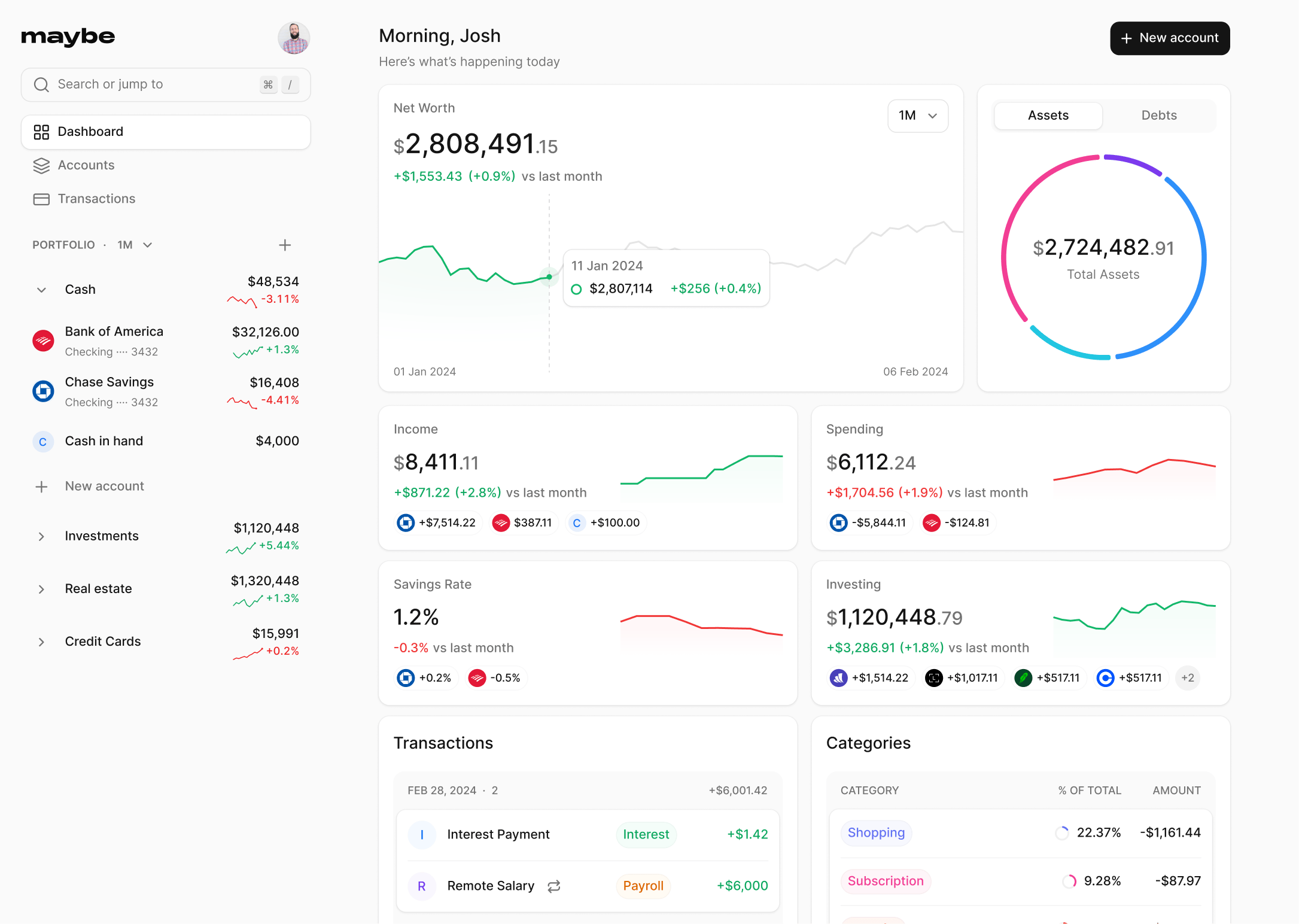What Is a Stipend? Understanding Its Purpose and Benefits

Author
Josh Pigford
In the world of financial compensation, many often encounter the term stipend, but what exactly does it encompass? Understanding what is a stipend is crucial, as it stands at the intersection of education, work, and sometimes, scholarship. Unlike traditional salaries or wages, stipends serve a specific purpose; they provide financial support that enables individuals to pursue research, internships, or educational endeavors without the stress of financial constraints. This distinct form of reimbursement underscores its significance in fostering growth and learning in various fields, making it a critical component of academia and professional development arenas.
Tax Implications of Stipends
Taxability of Stipends
Stipends are often considered taxable income, subjecting recipients to specific tax obligations. For individuals receiving stipends, it is paramount to understand that these payments can significantly impact one's tax responsibilities. The Internal Revenue Service (IRS) categorizes stipends alongside various types of fringe benefits, each with its tax implications. Notably, if an employer does not withhold taxes on stipends, the onus falls on the recipient to calculate and remit the appropriate taxes. This process involves determining the taxable amount of the stipend, locating one's tax bracket, subtracting allowable deductions, calculating income tax, and setting aside funds for withholding or estimated tax payments.
Withholding Taxes and Reporting
For both employers and stipend recipients, understanding the nuances of withholding taxes and reporting requirements is crucial. Employers are encouraged to provide detailed income reports, which can be integrated into payroll systems to alleviate the tax burden on employees. This proactive approach helps prevent recipients from facing a substantial tax bill at the end of the fiscal year. In some cases, companies may opt to "gross up" stipends, covering the tax owed on behalf of the employee, thus ensuring compliance and simplifying the tax process for both parties.
Special Conditions and Exemptions
The tax treatment of stipends can vary under specific conditions and exemptions. For instance, scholarship payments used for "qualified expenses" such as tuition and required academic materials are generally not taxable. However, stipends used for living expenses or other non-qualified expenses are taxable. Nonresident aliens receiving stipends may be subject to a 30% withholding tax rate, which could be reduced under certain visa types or tax treaty provisions. It's essential for recipients from countries with tax treaties with the U.S. to explore potential exemptions or reduced withholding rates by completing the required documentation with the relevant tax department.
In summary, navigating the tax implications of stipends demands a thorough understanding of IRS regulations, the categorization of stipends, and the responsibilities of both employers and recipients. Consulting with a tax professional is advisable to ensure compliance and optimize tax outcomes.
Types of Stipends and Their Applications
Academic and Research Stipends
Academic and research stipends are periodic payments made to support individuals engaged in scholarly activities. These stipends are not considered compensation for services rendered, making them distinct from wages or salaries. They are primarily aimed at graduate, undergraduate, or postdoctoral students and are used to cover educational or training expenses, including tuition, living costs, and other incidental expenses. The objective is to enable students to focus on their studies or research without the need to seek compensated employment for financial support. Federal agencies like the National Institutes of Health and the National Science Foundation have specific guidelines regarding the allocation of stipends for research or educational purposes, emphasizing that stipends should not be used as compensation for work contributing to research projects.
Expense-Related and Training Stipends
Expense-related and training stipends are designed to defray the costs associated with specific activities or training programs. These stipends cover a range of expenses, from transportation costs to the purchase of equipment necessary for academic or professional development. Training stipends, in particular, are often included in budgets for conferences, workshops, or other training activities and are justified as necessary for the completion of the training objectives. These stipends are allowable under certain conditions, including alignment with program announcements and approval by the sponsoring agency. They are instrumental in supporting non-federal sponsored research awards and training activities that contribute to professional growth.
Wellness and Health Insurance Stipends
Wellness and health insurance stipends are allowances provided to employees to support their physical and mental well-being. These stipends can cover a wide array of expenses, from gym memberships and fitness classes to mental health counseling and ergonomic office equipment. The intention behind wellness stipends is to promote a healthy work-life balance and enhance the overall well-being of employees. Health stipends, on the other hand, are aimed at assisting with out-of-pocket medical expenses and health insurance premiums. These stipends offer employees more flexibility in managing their healthcare costs, without the stringent regulations associated with traditional health insurance plans.
Considerations Before Accepting a Stipend Position
When evaluating a stipend position, it is crucial to consider several aspects that may influence your financial stability and career trajectory.
Financial Planning and Budgeting
- Tax Implications: Recognize that stipends are often taxable income. Planning for taxes is essential, as stipends do not typically have taxes withheld, meaning individuals must account for this when managing their finances.
- Budget Management: With the fluctuating nature of stipends, creating and adhering to a budget is vital. Consider using budgeting tools or apps to track expenses and ensure that your stipend covers your needs without leading to financial strain.
- Emergency Savings: Unexpected expenses can arise. It's advisable to allocate a portion of the stipend towards an emergency fund to cover unforeseen costs, such as medical bills or sudden travel needs.
Long-Term Career and Education Goals
- Professional Development: Stipends can offer the financial freedom to pursue additional certifications or training. Evaluate how the position aligns with your career aspirations and the opportunities it provides for growth.
- Educational Advancements: For students, stipends can reduce the need for loans, allowing more focus on studies and less on financial burdens. Consider how the stipend will support your educational goals and potentially lead to better academic outcomes.
Understanding the Impact on Eligibility for Other Benefits
- Health Insurance: Some stipends include health insurance allowances. However, these are taxable and may not cover all healthcare needs. Assess the stipend's health benefits against traditional health insurance plans to determine what's more beneficial.
- Retirement Savings: Stipend positions may not offer retirement savings plans. Understand the implications on long-term financial planning and consider setting aside a portion of the stipend for retirement.
By carefully considering these aspects, individuals can make informed decisions about accepting stipend positions, ensuring they align with their financial and career objectives.
Decoding the Liquid Net Worth Puzzle: What It Is and Why It Matters

Josh Pigford
What is an Estate? A Comprehensive Guide for Beginners

Josh Pigford
Maybe's Top Picks: Best Business Budgeting Software for 2024

Josh Pigford
Join the Maybe  waitlist
waitlist
Join the waitlist to get notified when a hosted version of the app is available.
